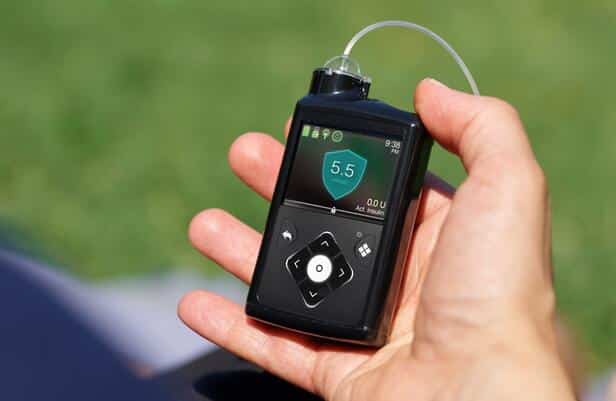Real-World Data Highlights Enhanced Time in Range and Tight Range
As we delve into the world of automated insulin delivery (AID) systems, the MiniMed 780G and Omnipod 5 take the spotlight with promising real-world research showcased at EASD 2023. These systems have demonstrated the ability to elevate time in range and introduce a novel metric for glycemic control, time in tight range, for individuals across all age groups.
Fill out this form to see if you or a friend qualify for Continuous Glucose Monitors.
Enhanced Time in Tight Range with MiniMed 780G
Time in tight range, characterized by blood glucose levels between 70-140 mg/dL, is gaining recognition as a significant indicator of glycemic balance. Contrasting with time in range, which also begins at 70 mg/dL but extends to 180 mg/dL, this metric appears to offer a more accurate assessment of glycemic control.
Must Read CGMs in noncritical care hospitals optimizes glycemic control
Javier Castañeda, Senior Manager of Statistics at Medtronic, presented an analysis involving over 10,000 MiniMed 780G users aged 15 and above. The findings are enlightening:
- Time in range increased by nearly 12%, soaring from 62% at the study’s commencement to an impressive 74% at its conclusion, equivalent to approximately 18 hours daily.
- Time in tight range witnessed a similar 12% surge, from an initial 37% to a substantial 49%, equating to nearly 12 hours per day.
- Notably, participants starting with lower time in range and time in tight range experienced the most significant improvements.
- Those with the highest initial time in tight range maintained their impressive levels while reducing the duration of hypoglycemic events.
Consistently adhering to the AID system recommendations, including a glucose target of 100 mg/dL and an active insulin time of two hours, emerged as the primary predictor for substantial enhancements. Participants following these settings achieved remarkable results, with time in range reaching 81% (about 19 hours daily) and time in tight range ascending to 57% (nearly 14 hours daily).
Also, read about SURMOUNT-4 Clinical Trial Results
Omnipod 5 Elevates Time in Range without Hypoglycemia
Dr. Emma Wilmot, an Associate Professor of Diabetes and Endocrinology at the University of Nottingham, shared insights from an analysis involving nearly 70,000 individuals with type 1 diabetes using the Omnipod 5 AID system. Key findings include:
- Omnipod 5 allows participants to choose different glucose targets tailored to their daily routines and treatment goals.
- Participants aiming for the lowest glucose target of 110 mg/dL achieved the highest time in range at 70% (equivalent to 17 hours), with 25% surpassing 78% (nearly 19 hours).
- Remarkably low time below range was observed across all glucose target groups, remaining well below the recommended threshold of 1% of time spent below 54 mg/dL.
- Even older adults aged 65 and above achieved the highest time in range, approximately 75%.
- Transitioning from multiple daily insulin injections via the Omnipod DASH led to significant improvements in time in range.
Predictors for achieving time in range greater than 70% encompassed using the lowest target glucose setting of 110 mg/dL and bolusing 4-7 times per day.
Read Guide about Wegovy Dosage Guide: The Best Way For Weight Loss
In summary, Omnipod 5 empowers individuals with type 1 diabetes to expand their time in range, particularly for those who select a glucose target of 110 mg/dL, all while avoiding an increase in hypoglycemic events.
The Significance of this Data
These analyses underscore the potential of advanced AID systems in enhancing glycemic control and extending time in range. They also hint at the advantages these systems may offer to pregnant individuals with diabetes and potentially those with type 2 diabetes.
Such large-scale studies provide valuable insights into the real-world experiences of individuals, shedding light on the alignment between clinical trial results and everyday life. These findings herald a promising future for those seeking improved glycemic control through the MiniMed 780G and Omnipod 5 AID systems.


